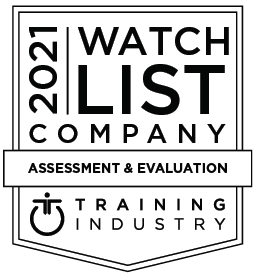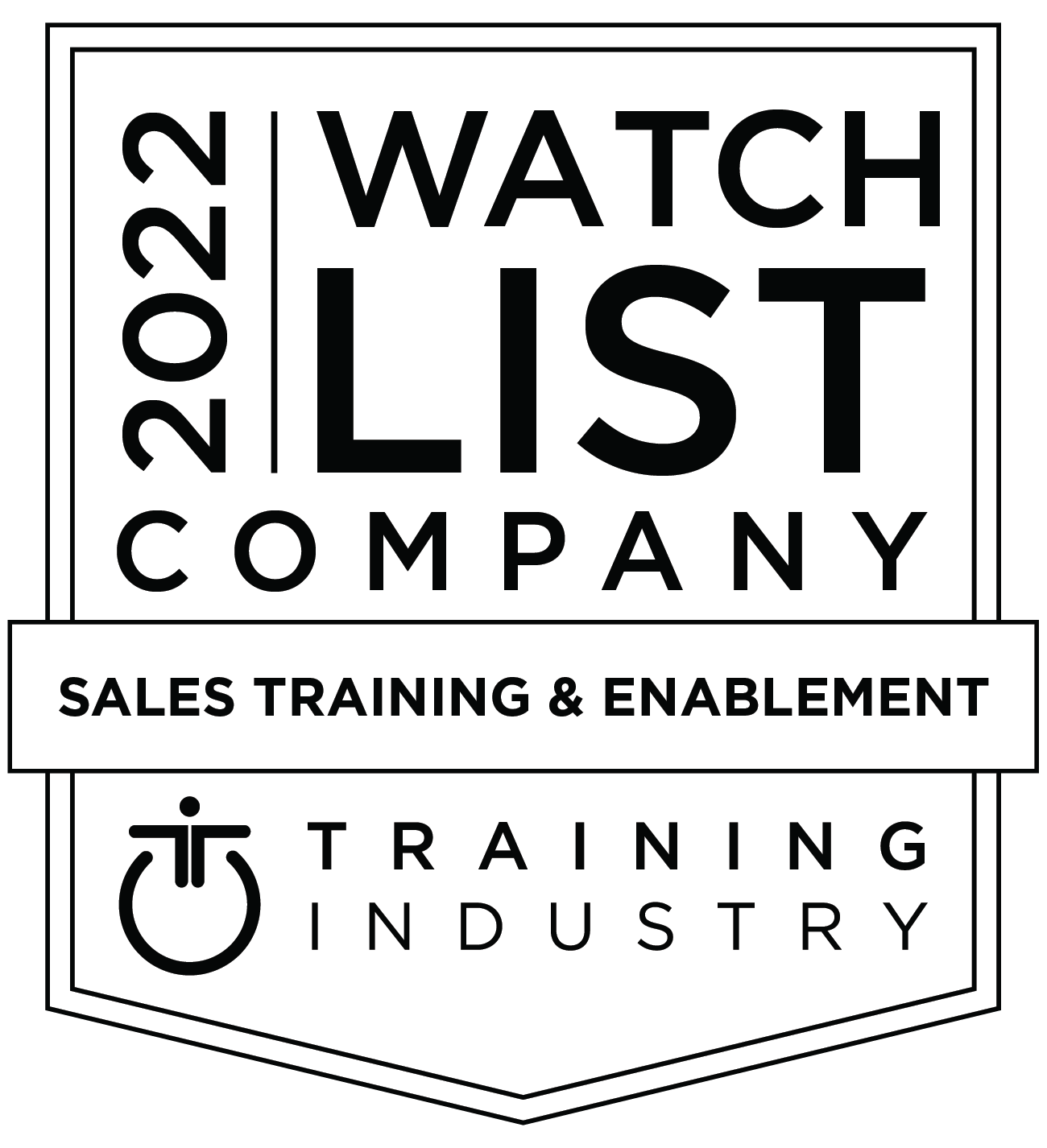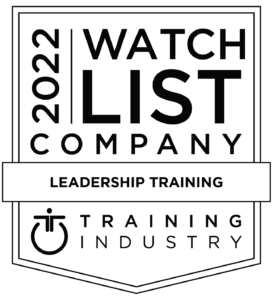Everyone has had to deal with questions that are difficult, asked in an angry voice, or just plain hostile.
And, when you’re caught off guard by such questions, it’s easy to be thrown into a panicky state and not answer well, jeopardizing your credibility.
It’s important to prepare for tough questions and practice answering them. You can’t anticipate every question, but writing down the ones you expect may be asked and then planning out your answers is just plain smart.
Here are some tips to help better handle tough questions.
Before your presentation or meeting…
Anticipate tough questions that might be asked. Think about who is in the audience and what their attitude is toward the topic and toward you.
Write down tough questions you might get. Think about the subject, the person who might ask it, and how you would approach answering it.
When you actually get the question…
If it’s at all reasonable to do, and the question isn’t extremely short or to the point, repeat the question back to the person who’s asked it to make sure you have it right. In the couple of seconds it takes you to do this, your brain will be working on an answer!
Acknowledge the facts and/or emotions present. For example, “Bill, you’re correct, we did go 27% over budget last quarter and I know you and others are very angry about it.”
If you do the acknowledgement well, and avoid using platitudes like, “I feel your pain” or “I hear you”, you can move on to the next step: providing information.
Finish your response with a sentence summing up your position or stance on the issue. For example, “With the new measures we’ve put in place, sticking to the budget will be much easier for all of us.”
Contact us to learn more about Corporate Training programs which feature ARM™ (Align, Respond, Maintain), Mandel’s proprietary model for handling challenging questions and objections.










